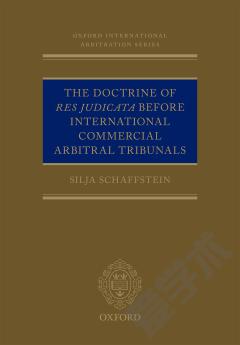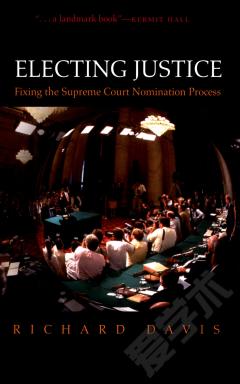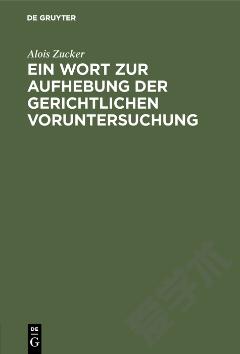Oral Arguments Before the Supreme Court —— An Empirical Approach
----- 最高法院之前的口头辩论:实证方法
When the Supreme Court agrees to decide a case, the litigants make an (usually one-hour) oral presentation to the Court. In all the steps in the Court's decision, this is the only public part. As such, it provides an important window into the Court's decision-making processes. Using original transcripts from the last 8 sessions of the Supreme Court, Wrightsman's empirical research is the first of its kind. The purpose of this book is to examine how the oral arguments work, and their effect on the Court's decisions. It also draws the important distinction between ideological cases (i.e. hot-button issues such as the death penalty, affirmative action, abortion, and the environment) and non-ideological cases (bankruptcy, tax code, civil litigation), and shows the different ways in which they're treated.
{{comment.content}}








 京公网安备 11010802027623号
京公网安备 11010802027623号